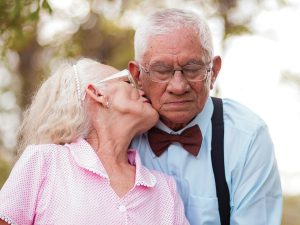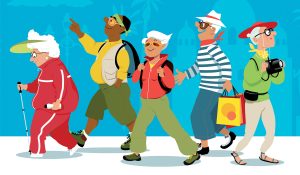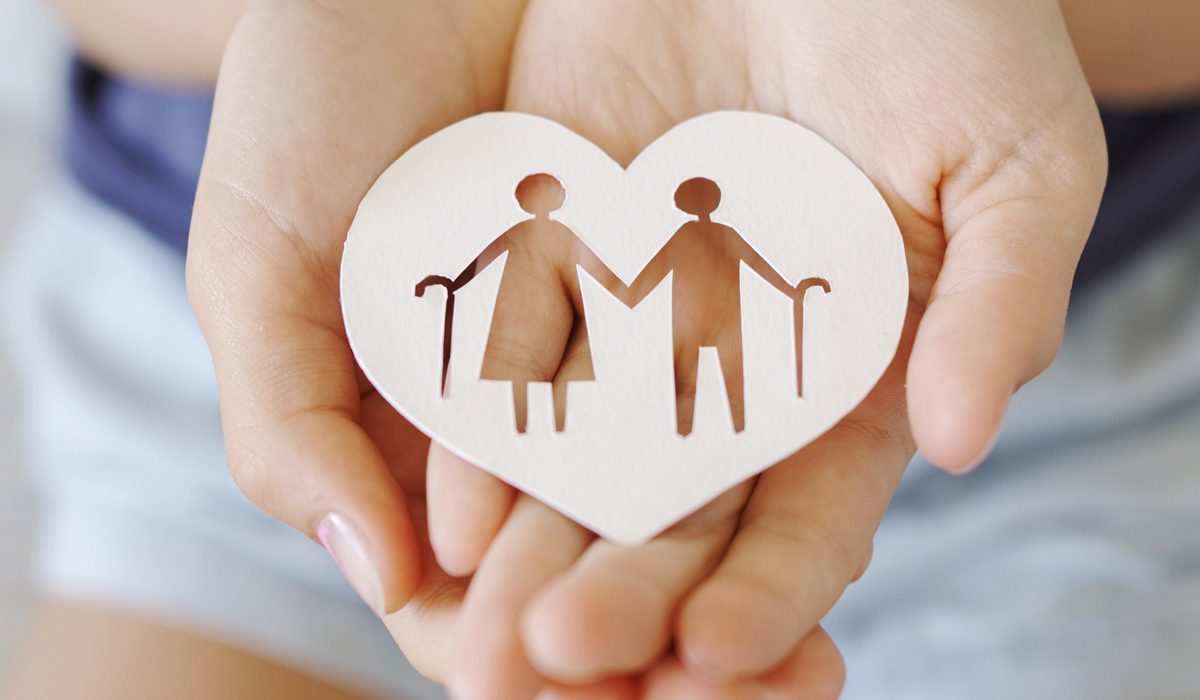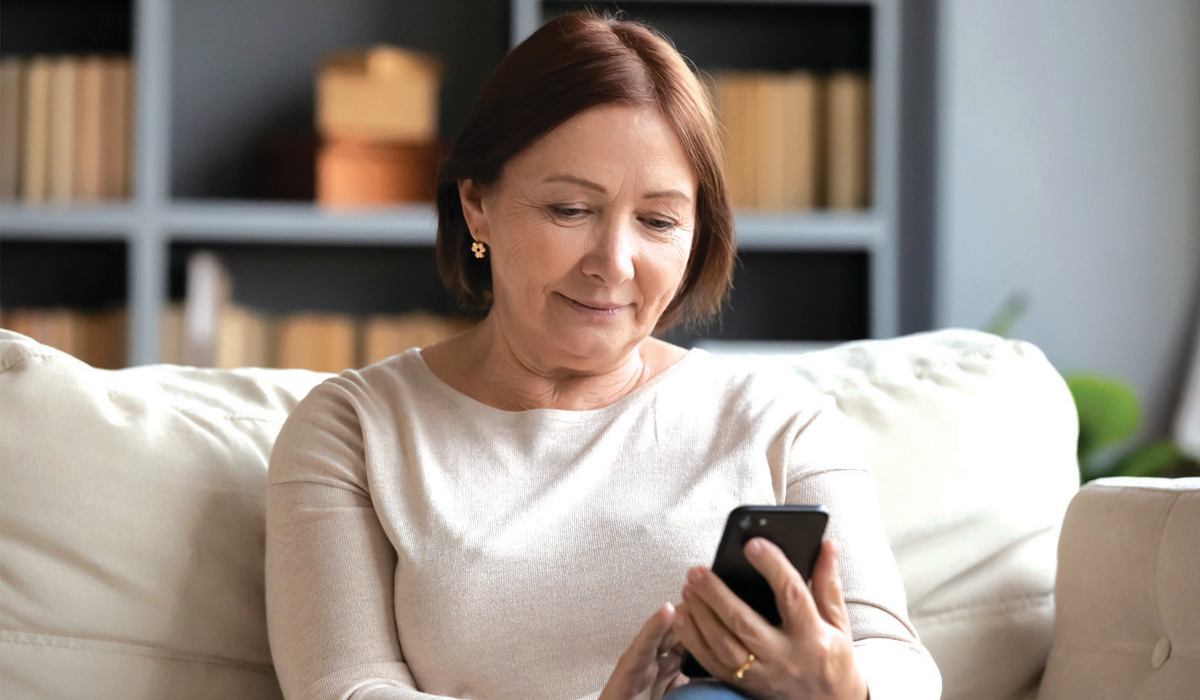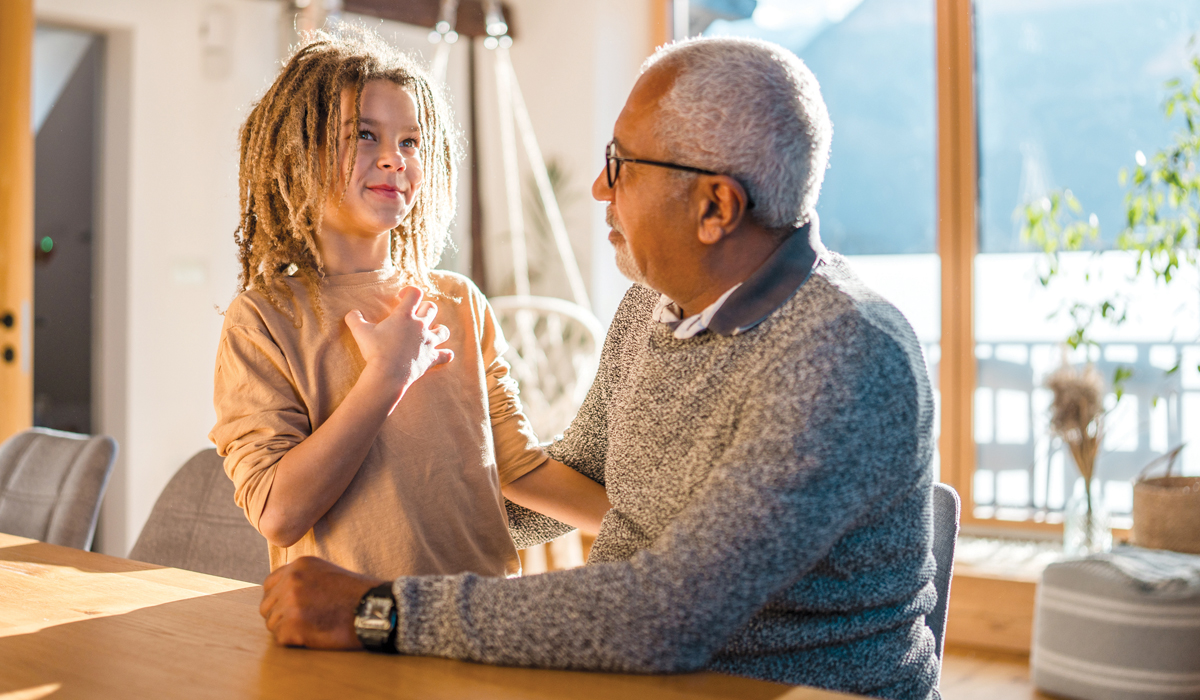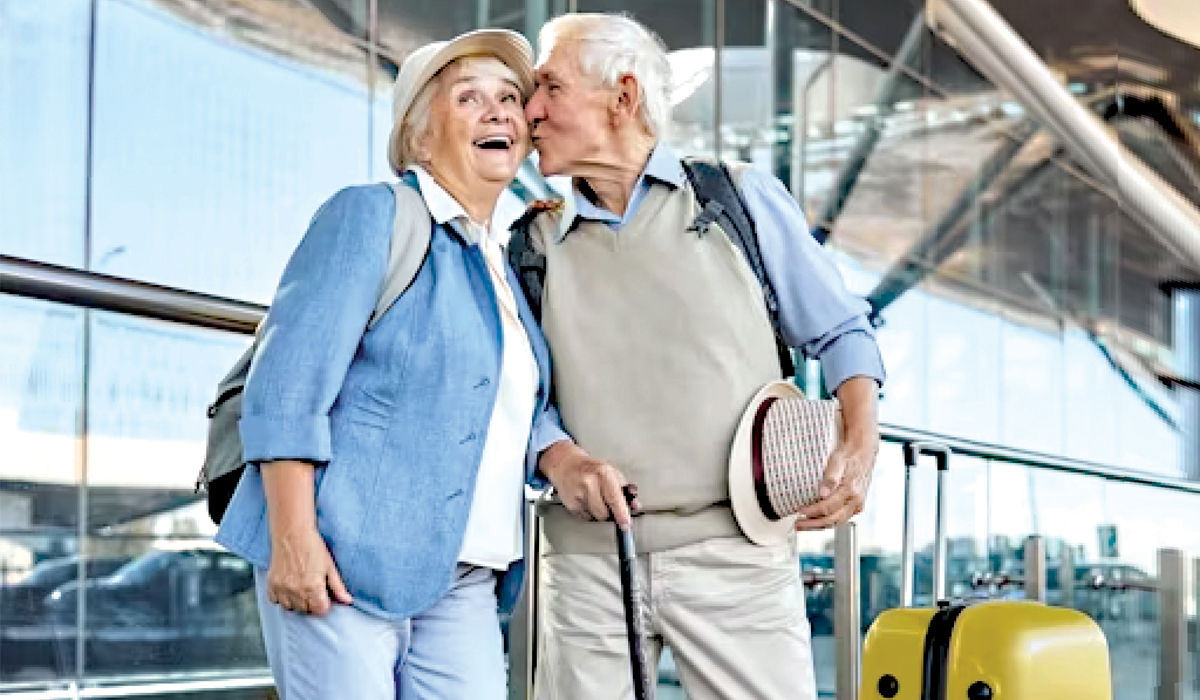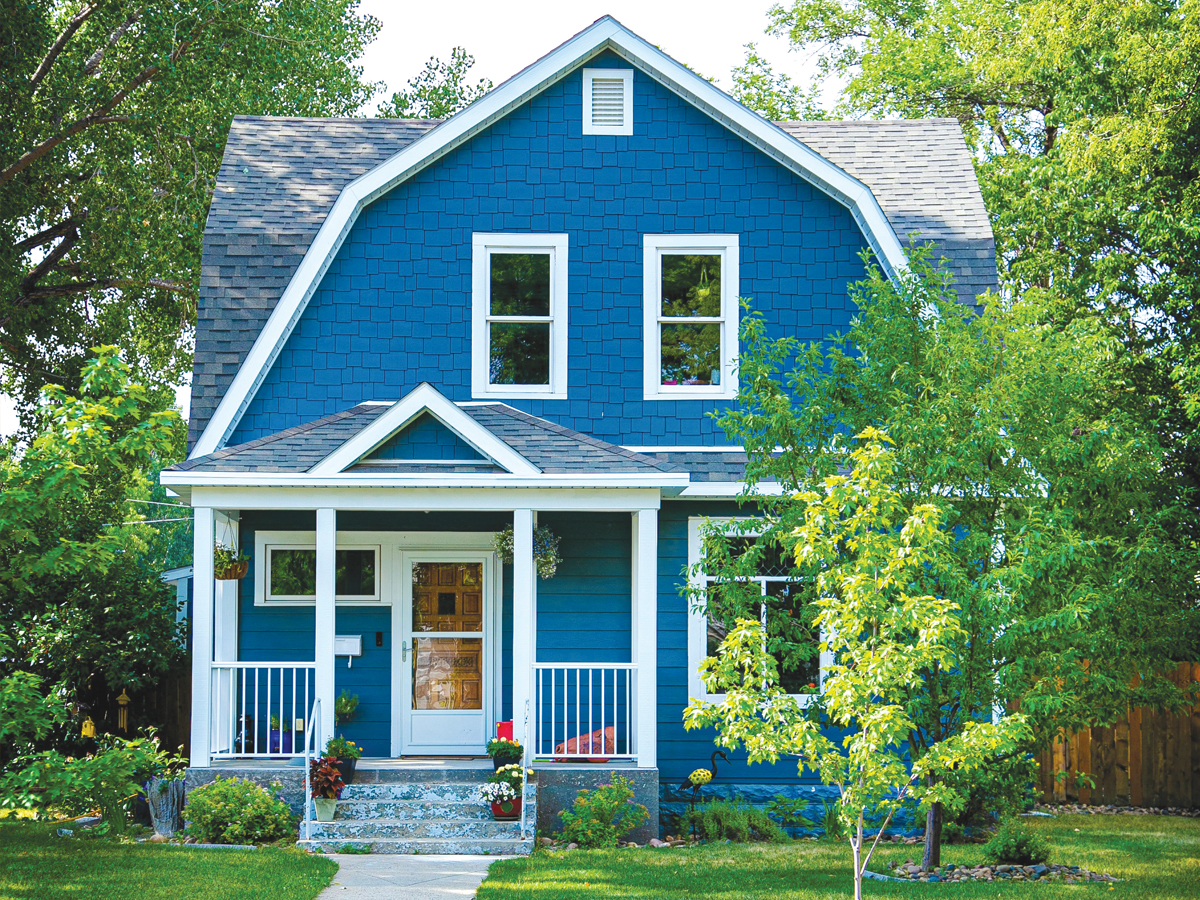Lifestyle and home safety basics
While a serious fall can be devastating for anyone, the risk of falling and the consequences, has been proven to increase with age. One fall can change daily life in quite a dramatic way, especially for seniors. It can not only impact independence, mobility, the ability to shop and prepare meals but it can seriously curtail much loved social activities. One fall can also change the lives of family members and friends who may need to provide care. Let’s take a look at the facts and smart ways that each one of us can help prevent falls.
The annual cost of falls, the leading cause of injury for older Canadians is significant. From an estimated 2 billion a year to the healthcare system to the hidden costs related to stress, lost time at work for family members and an increased need for at home care, transportation and daily living supports, there’s no question – falls can be painful, expensive and life altering.
Recent data shows that falls are more common in older adults than most families might expect:
• 30% of seniors over 65 years of age experience one or more falls each year.
• 85% of seniors’ injury-related hospitalizations are fall related
• 95% of all hip-fractures are caused by a fall
• 50% of all falls causing hospitalization happen at home.
The good news…being proactive with clearing clutter, making home safety checks and modifications and leaning in to having regular medication and health check-ups is part of the formula that will you and yours stay fall-free. Let’s take a look at how two older adults are taking fall prevention seriously.
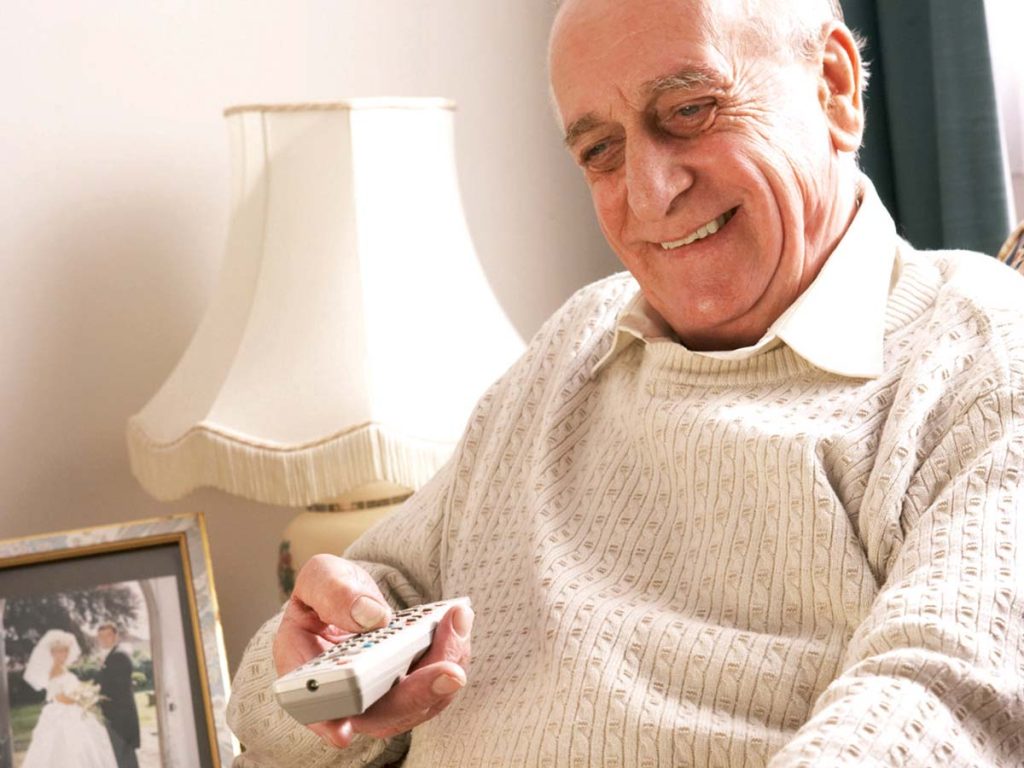
Meet Steven
Steven, aged 72, realized that some of his buddies were at risk so he shared some of the simple adjustments he had decided to make with his Bridge Club buddies. He’d picked up the tips after attending a “Fall Prevention Presentation” that was held at his local senior’s centre. Here are a few highlights of what he has learned and is willing to pass on:
Overcome pride: Prioritize your safety. Don’t be too stubborn or vain to use assistive devices and products that are designed to keep you safe.
Staying fit and active: To reduce frailty and maintain optimum balance its recommended that you walk, ride, swim or take a class. Being physically active everyday will keep you strong and improve your balance. (get advice before you start)
Watch the alcohol: As we age, we’re more sensitive to the effects of alcohol and our bodies don’t process it as quickly. Therefore, drinking can impair judgement, impact balance and increase your risks of serious falls. Combining some medications and alcohol is also unwise.
Eat well and stay hydrated: A balanced diet and plenty of fluids will help prevent dizziness and decrease your risks of falling.
Vision and hearing: Annual or semi-annual check-ups are important. And, wear your glasses and hearing aids to stay safe.
Invest in the best footwear: To decrease the risk of falls, make sure your shoes fit properly, are comfortable, and provide the right level of support for indoor and outdoor safety.
Move slowly and with purpose: Before rushing out of bed, take a moment to just sit up and get your bearings. Leave yourself enough time to get ready and get to where you’re going” Slow and easy is the way to go sometimes.
Use prescribed assistive devices: One size doesn’t fit all. Make sure walkers and canes are the right height for you and add rubber tips to canes for extra safety
Medication management: Work with your pharmacist and your family doctor to determine if there are any side effects from multiple medications. A mix of over-the-counter drugs and prescriptions that may cause sleepiness or dizziness affecting your balance. Ask about Vitamin D and have your levels checked.
Monitoring and time saving devices: For those who live alone or feel vulnerable today’s “smart” wearable devices can automatically connect you when help is needed. Explore other tech devices that will add convenience, safety and efficiency.
Steven knew his buddies might be listening as closely as he’d like them to so… the next morning he e-mailed his buddies all these ideas with a humorous but encouraging call to action.
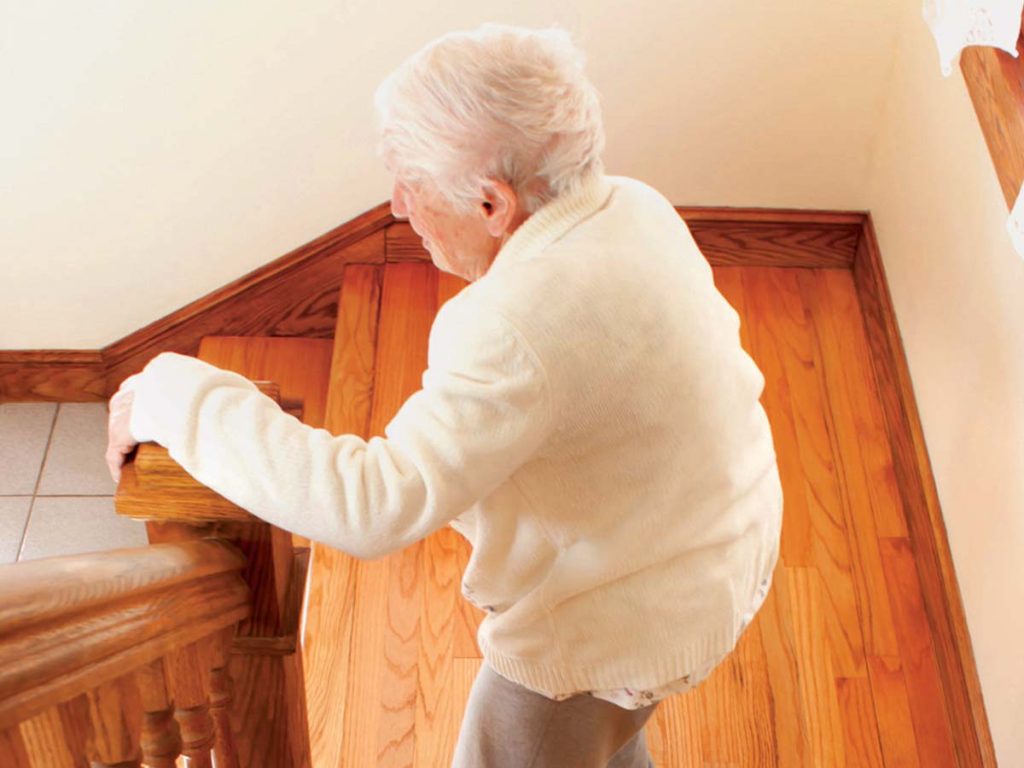
Meet Amara
Amara, had a bad fall in the winter which put her into the hospital. She’s 82 and wants to continue living alone which is of concern to her family. After discharge her children arranged for a few visits from an occupational therapist, (OT) who recommended some practical changes. Her first piece of advice was to declutter and remove items that were on the stairs, Secondly, she suggested that the children check in more regularly and told Amara to ask for help The OT also taught Amara to plan ahead, pace herself and do things when she felt fresh – in the morning or after an afternoon’s rest. Thirdly, the OT gave the kids a shopping list of bathroom safety items to buy: a slip-proof rubber backed bath mats and tub/shower non-slip strips, a raised toilet seat, a shower bench, hand held shower, grab bars for beside the toilet, in the bath/shower area and a raised toilet seat. These were all bought, installed and put into use right away.
Homecare services were increased to help Amara with day-to-day cleaning, laundry and household tasks and a neighbour’s son was hired to cut the lawn and help with outdoor tasks. And a Meds c heck arranged. The OT packed up all of Amara’s meds, vitamins and homeopathic supplements and went with her to a medication review with her local pharmacist.
After further discussions Amara’s and her son are going to do a few other things as soon as possible to keep her safer:
1) More decluttering– toss, sell or give things away that aren’t used
2) Try cordless devices to avoid tripping hazards
3) Improve lighting and add motion activated night-lights inside and out
4) Tape down mats to make sure Amara doesn’t slip
5) Hard wire smoke detectors and co2 detectors/ if needed change batteries regularly
6) Repair handrails and put foot grips on wooden stairs.
7) Re-arrange kitchen items for ease of use and put heavier items in lower cabinets or on the counter.
Her daughter has offered to come next week to clean out the refrigerator, freezer and pantry. The OT spotted a lot of items that were really old, left open and past their best before date and a lot of small appliances that were not in use and taking up space. Ideally, cordless appliances could replace the ones that Amara would like to keep.
Mary Bart is the chair of Caregiving Matters, an Internet-based charity that offers education and support to family caregivers.
Photos: CanStock



